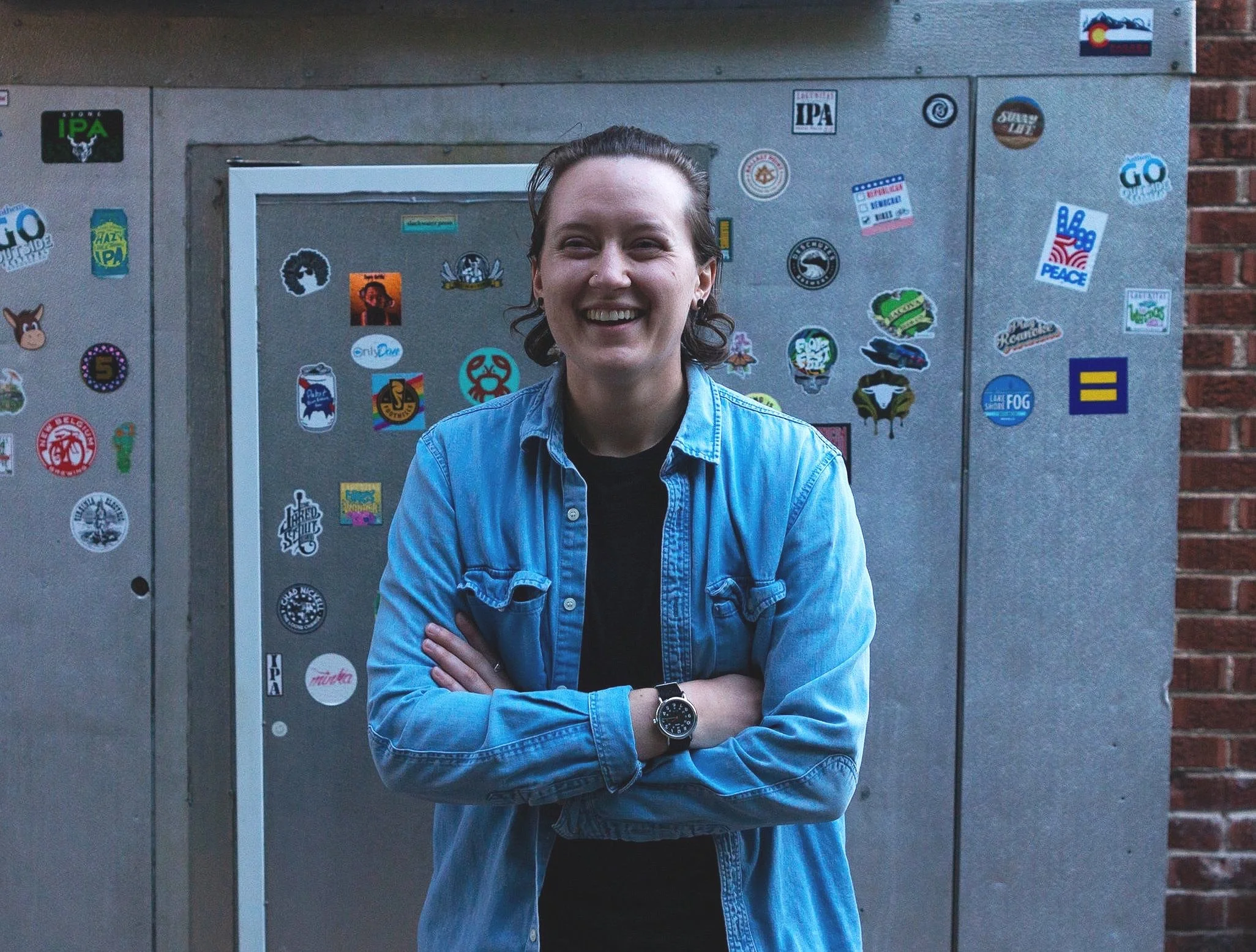PHOTO: Lisa Xing
Since 1996, The United Nations has recognized October 5th as World Teachers’ Day. This year’s theme being, “The right to education means the right to a qualified teacher.”
A main challenge in fulfilling this right worldwide is the significant shortage of teachers. 264 million children and youth are still out of school globally, and according to UNESCO, almost 69 million new teachers are needed to reach the 2030 education goal of universal primary and secondary education. The "teacher gap" disproportionately affects girls, children with disabilities, refugee and migrant children, and poor children living in rural or remote areas.
NGOs around the globe are working to fill this gap, providing free education to those would not have access otherwise. 2011 data from the UNESCO Institute for Statistics, states that 86 per cent of the Indian population who are 15 to 24 years old is literate. However, if we examine the percentage based on gender, 90 per cent of men are literate, compared to 82 per cent of women.
PHOTO: Lisa Xing
According to the non-governmental organization Educate Girls, three million girls are not attending school in India. The organization states that some of the reasons for this issue are that according to the country's culture, a girl is expected to do the housework and trained to be a wife. In rural or lower income areas, girls are more likely to help with domestic activities and are more helpful to her family to be working than by sending her to school. As well, the distance to get to school from their homes, the scarcity of separate toilets and female teachers, for example, prevent girls from attending school.
Situated at the Indian Himalayan, in the village of Nathuakhan, which is located at a high of 1940 meters, the non-governmental organization (NGO) Shiksha Alok aims to promote gender equality in education. Founded in 2013, the organization promotes classroom based education and establish libraries, in order to educate its rural community. Their goal is to develop literacy skills and the habit of reading among school children and adults. Besides that, by providing capacities in the fields of information technology & life skills, they give the local women an opportunity to access work opportunities.
PHOTOS: Lisa Xing
Journalist Lisa Xing travelled to India in 2015 to document and share the work of Shiksha Alok. What she remembers from her time in Nathuakhan is the fresh air and the beauty of the area. "Their economy is largely based on fruit and farming. They certainly make the most of what they have,” she said.
PHOTO: Lisa Xing
Xing was inspired by the women leading and participating in the education programs. "It was just amazing to meet all the bright girls Shiksha Alok is helping and the woman who spearheaded it all ...The students and teachers who I photographed at Shiksha Alok welcomed me into their homes and introduced me to their families,” she added.
For more information about Shiksha Alok, please click here.
















